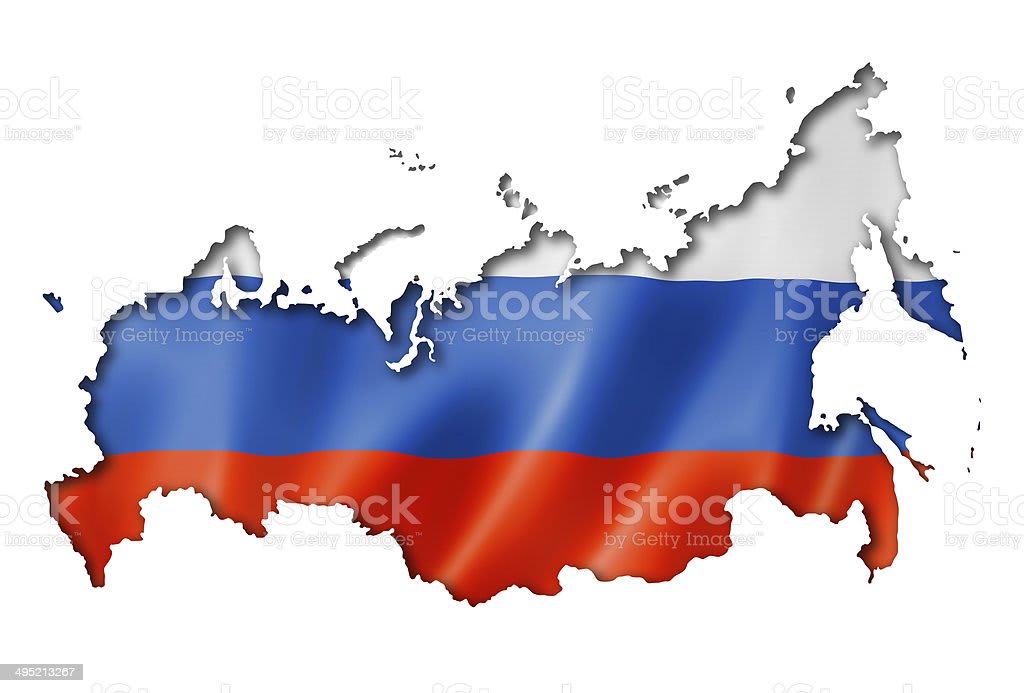History OF Russia
Whole History OF Russia

The history of Russia is rich and complex, spanning over a thousand years. Here is a condensed overview of its major periods and events:
Early History:
- The region that is now modern-day Russia was inhabited by various Slavic, Finno-Ugric, and Turkic tribes in ancient times.
- The Viking Age saw Scandinavian traders and warriors, known as Varangians, establish settlements in the region, including Novgorod and Kiev.
- In the 10th century, the Varangians formed the state of Keven Rus, which encompassed parts of modern-day Russia, Ukraine, and Belarus. This period saw the spread of Orthodox Christianity and the development of a distinct Slavic culture.
Mongol Rule and the Rise of Moscow:
- In the 13th century,Keven Rus was invaded by the Mongols, led by Genghis Khan and later his descendants. Mongol rule lasted for about 250 years and heavily influenced the region.
- During this time, the city of Moscow grew in importance, gradually asserting its authority over neighboring principalities.
- In 1480, under Ivan III (also known as Ivan the Great), Moscow successfully declared independence from the Mongols, marking the beginning of Muscovite Russia.
The Tsar doom and the Romanov Dynasty:
- Ivan IV, also known as Ivan the Terrible, expanded the Muscovite state, but his reign was marked by autocratic rule and internal strife.
- The 17th century saw the establishment of the Romanov dynasty, with Mikhail Romanov becoming the first tsar in 1613.
- Peter the Great, who ruled from 1682 to 1725, initiated a series of sweeping reforms aimed at modernizing Russia and expanding its influence. This included the founding of Saint Petersburg and the establishment of the Russian Navy.
Imperial Russia and the Enlightenment:
- The 18th century saw Russia become a major European power under the reign of Empress Catherine the Great (1762-1796).
- Catherine embraced Enlightenment ideas and implemented political and legal reforms while expanding the empire's territory through wars and annexations.
- Russia continued its expansion eastward, exploring and colonizing Siberia.
Napoleonic Wars and the Decembrist Revolt:
- In the early 19th century, Russia clashed with Napoleon's France in a series of wars, ultimately contributing to Napoleon's defeat in 1812.
- The defeat of Napoleon increased Russia's standing in Europe but also exposed the social and economic problems within the country.
- In 1825, the Decembrist Revolt erupted, led by a group of liberal nobles who sought political reforms but were suppressed by the government.
Reforms, Industrialization, and Revolution:
- In the late 19th century, Russia experienced rapid industrialization and urbanization under Tsar Alexander II and his successors.
- However, the working class faced harsh conditions, leading to the growth of revolutionary movements.
- In 1905, a wave of protests and strikes, known as the 1905 Revolution, forced the tsar to grant limited reforms and establish a legislative body called the Duma.
- The outbreak of World War I in 1914 further strained the country's resources and morale, leading to discontent among the population.
Russian Revolution and Soviet Era:
- In 1917, a series of uprisings and political turmoil culminated in the Russian Revolution. Tsar Nicholas II abdicated, and a provisional government was established.
- The Bolsheviks, led by Vladimir Lenin, seized power in the October Revolution and established a socialist state.
- The Russian Civil War (1918-1922) ensued, with the Bolshevik Red Army eventually emerging victorious.
- In 1922, the Russian Soviet Federative Socialist Republic (RSFSR) became the largest and most influential constituent of the Union of Soviet Socialist Republics (USSR).
Soviet Union and the Cold War:
- Under Soviet rule, Russia experienced rapid industrialization, collectivization of agriculture, and the implementation of a planned economy.
- Joseph Stalin, who came to power after Lenin's death in 1924, implemented policies that led to forced labor camps (Gulags) and widespread purges.
- During World War II, the Soviet Union played a significant role in the defeat of Nazi Germany.
- The Cold War era saw the USSR and the United States engaged in a geopolitical rivalry that shaped global politics for decades.
Perestroika, Glasnost, and the Dissolution of the USSR:
- In the 1980s, under the leadership of Mikhail Gorbachev, the policies of perestroika (restructuring) and glasnost (openness) were introduced to reform the Soviet system.
- These reforms inadvertently led to increased calls for independence within the Soviet republics, including Russia.
- In 1991, following an attempted coup by conservative forces, the Soviet Union was dissolved, and the Russian Federation emerged as an independent state, with Boris Yeltsin as its first president.
Post-Soviet Russia:
- The 1990s were a tumultuous period for Russia, marked by economic hardships, political instability, and the rise of powerful oligarchs.
- In 1999, Vladimir Putin became prime minister, and he later assumed the presidency in 2000, embarking on a period of stability and consolidation of power.
- Putin's presidency saw a resurgence of Russian influence in international affairs, economic growth driven by energy exports, and increasing centralization of political power.
This overview provides a broad outline of Russia's history, but it is important to note that the country's story is much more detailed and nuanced, with countless events, cultural developments, and individuals shaping its trajectory over the centuries.
Do Not Forget To Like And Subscribe.





Comments
There are no comments for this story
Be the first to respond and start the conversation.